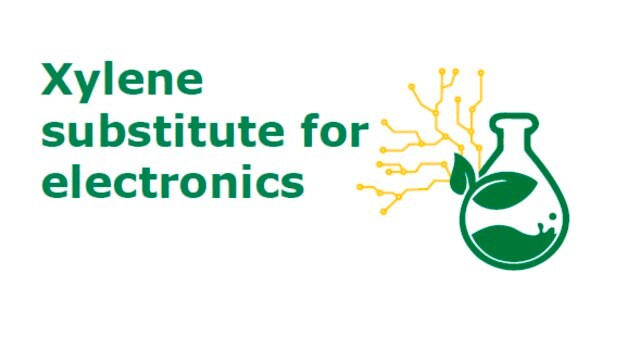900820
Polycaprolactone
viscosity 1.7 dL/g
Synonym(s):
PCL, Poly[2-oxepanone], Purasorb PC 17
About This Item
Recommended Products
form
chunks
Quality Level
impurities
≤0.5 Residual monomer (GC)
≤0.5% Residual Water content (colormetric titration)
≤100 ppm Tin (AAS)
inherent viscosity
1.5-1.9 dL/g
viscosity
1.7 dL/g
storage temp.
−20°C
SMILES string
O1CCCCC[C]1[O]
InChI
1S/C6H10O2/c7-6-4-2-1-3-5-8-6/h1-5H2
InChI key
PAPBSGBWRJIAAV-UHFFFAOYSA-N
Looking for similar products? Visit Product Comparison Guide
General description
Application
- Tissue engineering scaffolds.
- 3D Bioprinting.
- Drug delivery applications such as sustained release.
Analysis Note
Storage Class
11 - Combustible Solids
wgk_germany
WGK 3
flash_point_f
Not applicable
flash_point_c
Not applicable
Choose from one of the most recent versions:
Certificates of Analysis (COA)
Don't see the Right Version?
If you require a particular version, you can look up a specific certificate by the Lot or Batch number.
Already Own This Product?
Find documentation for the products that you have recently purchased in the Document Library.
Customers Also Viewed
Articles
Professor Mitsuhiro Ebara provides insights on several types of smart nanofiber mesh systems that have been explored for different drug delivery purposes.
Our team of scientists has experience in all areas of research including Life Science, Material Science, Chemical Synthesis, Chromatography, Analytical and many others.
Contact Technical Service







